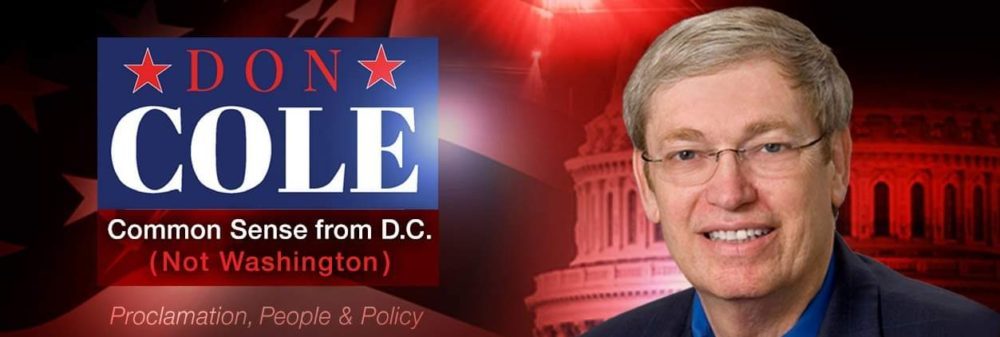I watched Robert Mueller’s press conference. For over two years, I held on to a glimmer of hope that Mueller was trying to do a thorough investigation to find and report the facts. His press conference confirmed solidly in my mind that his entire investigation was not to find the truth but to find that President Trump committed a crime.
He could not find that President Trump committed a crime so he turned the foundational principles of justice on its head. With glaring hypocrisy, Mueller applied the principle of justice to indicted Russians when he said that he would not comment on their innocence or guilt because, “Every defendant is presumed innocent unless and until proven guilty.”
In President Trump’s case, however, instead of reporting the facts that there was no evidence to charge the President with a crime, he turned the burden of proof upside down. While he extended the presumption of innocence to Russians, for President Trump he said, “if we had had confidence that the President clearly did not commit a crime, we would have said so.”
This sounds more like the famous swimming test of a witch trial than American justice. In the swimming test, the accused would be bound with ropes and thrown into a lake. If she somehow managed to get to the surface for air, it was clearly through means of witchcraft. If she sank, then she must not have been a witch.
In the Russian collusion investigation, Mueller also attempted to plant a seed of guilt where there was none. He said, “there was insufficient evidence to charge a broader conspiracy.” Note the modifier, “broader.” He clearly intended to leave the impression that there could have been a conspiracy. It was just that if there was one, it was a county road conspiracy, not an I-75 conspiracy.
Mueller went on to say that he did not come to any conclusion because department policy prohibited charging a sitting President. He said, “we concluded that we would not reach a determination one way or the other about whether the president committed a crime.” Notice the careful use of words when he said that “we would not” not “we could not.”
Mueller’s argument on DOJ policy immediately raises a glaring question. If he was not going to come to a conclusion, then why did he waste millions of dollars over two years to write a 400 page gossip column?
Newt Gingrich quickly knocked down Mueller’s DOJ policy argument. He pointed out that Kenneth Starr’s report on the investigation of President Bill Clinton used the word, “guilty” eleven times with five of those being for obstruction of justice.
In an interview with Jan Crawford, Attorney General Bill Barr said that Mueller could have reached a conclusion. He and Deputy Attorney General Rod Rosenstein were both surprised when Mueller did not.
Barr went even farther by pointing out that Mueller’s statement saying that he could not exonerate the President was not DOJ policy either. Barr said that Mueller’s standard of exoneration, “of course is not the standard we use at the department. We have to determine whether there is clear violation of the law.” There was no violation of the law. There was no narrow violation. There was no broad violation. There was no violation.
Mueller also said that the DOJ policy held that the Constitution puts the responsibility on Congress to formally accuse a sitting President. Barr said that he was not sure what Mueller was suggesting but that “the Department of Justice doesn’t use our powers of investigating crimes as an adjunct to Congress. …we are not an extension of Congress’s investigative powers.”
Mueller concluded his press conference by saying that he would not take questions. He went on to say that he had no plans to testify further. Referring to his report, he said, “We chose those words carefully, and the work speaks for itself. And the report is my testimony.”
This raises another glaring question. If the report speaks for itself and is his testimony, then why hold a press conference?
There is a simple answer. Mueller was seeking to find that President Trump committed a crime. He could not because there was nothing to find. Bill Barr released the Mueller report six weeks ago. It was gaining no traction.
Mueller’s press conference was simply a Hail Mary pass. Bill Barr intercepted it in the end zone.

